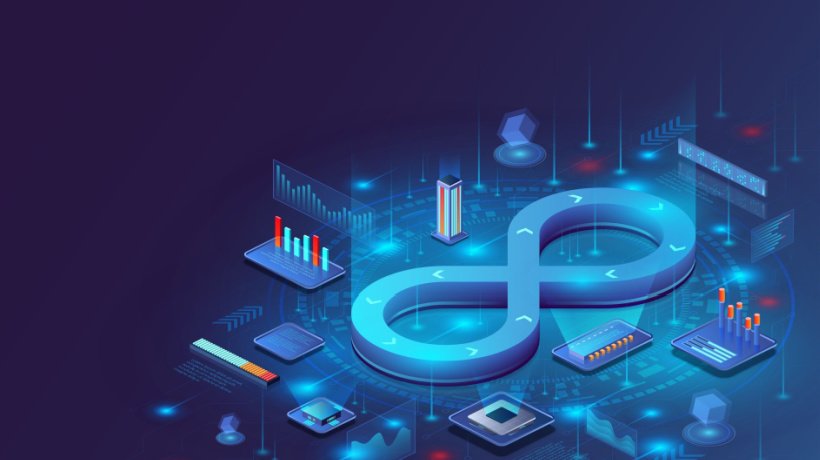Why eLearning Platforms Are Ideal For DevOps Training
Spending weeks learning a skillset the same way old-school teaching aimed to do would be counterproductive. There could be problems if the same model is used over and over again. The reason is that most people in any business nowadays are nimble and like to evolve through different approaches. People have to meet deadlines that are incredibly important most of the time while dealing with new technology being offered. To boost an organization's productivity and help it adapt to DevOps more quickly, there are virtual labs, hands-on modules, self-paced, real-time assessments, and many other eLearning tools that bring the metrics and operational workflows of DevOps to life. This will ensure that the people in the organization will have plenty of hands-on opportunities for advanced learning.
How DevOps Managed Services Help Smooth The Transition
Realignment of the business strategies to embrace a more flexible, eco-conscious, and efficient model is critical to a company's success. In such a case, one's business will need thorough virtualization so that people are able to use DevOps tools effectively.
The Role Of DevOps Managed Services In eLearning Adoption
While eLearning enables one to acquire DevOps skills, organizations also need trusted partners to implement and execute these practices on actual projects. By outsourcing DevOps activities to a reliable provider, organizations are able to concentrate on training their in-house teams via eLearning with the assurance that deployments, monitoring, and automation pipelines are being catered to by experts. Such a hybrid setup produces a formidable synergy: in-house teams learn and develop continuously, while third-party service providers ensure operational stability and scalability.
Advantages Of Integrating eLearning And DevOps
- Quicker skill acquisition
Workers learn hands-on DevOps in a short time using online learning platforms. - Less downtime
Managed services provide seamless workflows, enabling teams to test without risks. - Cost-effectiveness
Companies save infrastructure costs in-house by using managed services while investing in employee education. - Continuous improvement
Teams remain current on DevOps trends through eLearning while experts fine-tune backend activities.
Challenges In eLearning And How DevOps Managed Services Solve Them
eLearning brings many benefits, but organizations often face challenges like:
- Lack of real-world practice opportunities.
- Overwhelmed learners with too many tools to master.
- Difficulty connecting theory with real-life DevOps projects.
Here, DevOps managed services bridge the gap by providing real operational environments where learners can experiment safely. This ensures that eLearning outcomes translate into tangible business results.
What Makes DevOps Training Essential Today?
DevOps has transformed the way businesses build, deploy, and maintain software. It is no longer just a methodology. It's a culture of collaboration and automation. Companies adopting DevOps practices experience:
- Faster release cycles.
- Improved collaboration between development and IT teams.
- Higher system reliability and fewer downtimes.
- Greater customer satisfaction due to continuous improvements.
As DevOps becomes the industry standard, organizations need to ensure their teams are well-trained, which is where eLearning steps in as a game-changer.
How eLearning Supports Different DevOps Roles
DevOps isn't limited to one job profile; it impacts multiple teams. eLearning ensures customized training for each role:
- Developers
Learn coding best practices, CI/CD pipelines, and integration methods. - Operations teams
Focus on automation, monitoring, and infrastructure management. - QA engineers
Gain insights into automated testing and continuous feedback. - Managers
Understand cultural and workflow changes that drive DevOps success.
With the support of DevOps managed services, each role can apply its new skills within a reliable and optimized environment.
Conclusion
The combination of eLearning and DevOps managed services enables organizations to remain competitive in an increasingly dynamic IT environment. As online platforms educate the future workforce, managed service providers ensure that DevOps methods are implemented flawlessly today. In combination, they are the pillars of a future-proof, agile enterprise.
DevOps managed services providers set up secure, reliable infrastructure for continuous deployment. This combination not only reduces the company's time-to-market but also ensures employees are confident in applying what they have learned in real projects. It demonstrates how eLearning and managed services can coexist to strengthen both people and processes.









